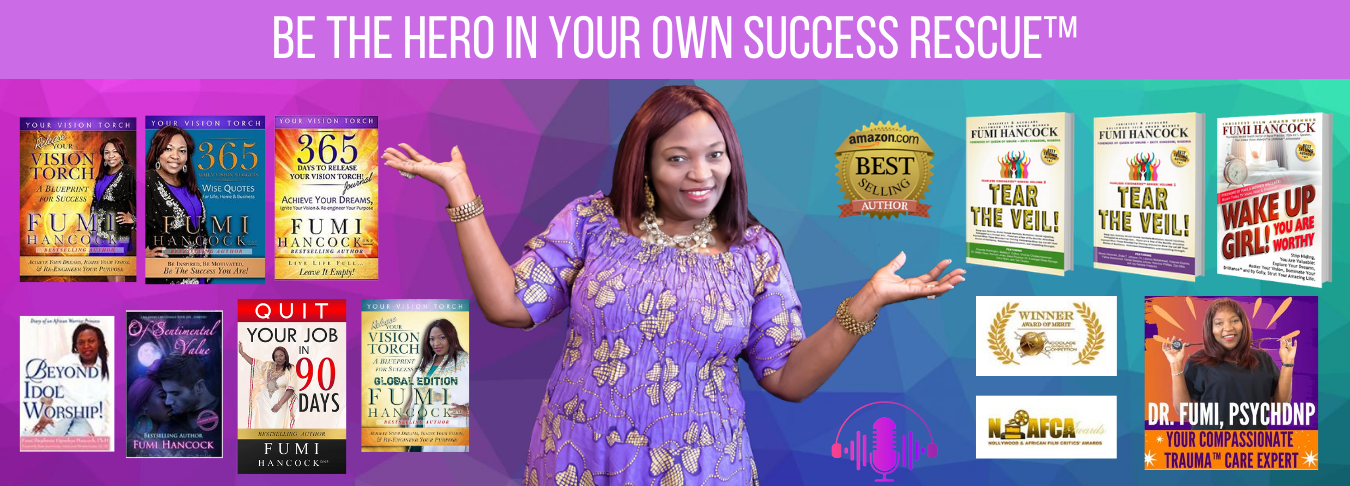 The world is full of misconceptions, and no world is more filled with these misconceptions than the world of coaches. There are many different reasons for working with a coach, and a lot of reasons for not working with a coach—but this blog article is about dispelling some of the mis-truths that have been said about coaches, and in particular “life coaches.”
The world is full of misconceptions, and no world is more filled with these misconceptions than the world of coaches. There are many different reasons for working with a coach, and a lot of reasons for not working with a coach—but this blog article is about dispelling some of the mis-truths that have been said about coaches, and in particular “life coaches.”
Life coaches are all professionals who can help you achieve your goals…
Not all coaches are professionals who can help you reach your goals. One of the problems in the coaching industry is that anyone can call themselves a professional coach, life coach, personal coach, etc. There are programs that will offer a credential after just a few hours of training, and people read a book or watch a TV program and by the next morning they are screaming ‘I’m a coach!’ out of their bedroom window. As a result, the quality of coaches does vary dramatically. It’s like anything—there are good coaches, and bad coaches and not all of either camp are professionals. Do your research.
Personal coaches can only help you reach personal goals and professional coaches can only help you reach business goals…
A good coach is someone who is an expert at helping others create positive change in their lives. For some clients, the positive change they most want may be focused on personal goals such as relationships, time management, work-life balance, stress reduction, simplification, health, etc., but other clients may be more interested in professional or business goals such as leadership, getting a promotion, starting a business, etc. An effective coach works with the client to help them live a better, richer life – regardless of their type of goals.
Life coaches just like good friends who keep you motivated…
Let’s get something straight here. Your coach may be very friendly, but they are not your friend. Your coach wants the best from you. They will work with you to help you reach your goals and to succeed. Your coach will hold you accountable and challenge you to grow and do more than you think you can do. They may push, pull, shove, stretch and poke you in ways that may feel uncomfortable. Unlike a friendship, the coaching relationship is exclusively focused on you and your goals, not the coach, his family, his golf handicap, or what happened on vacation. Working with a coach is work.
Professional coaching is just for employees with “problems.”
Good coaching focuses on an individual’s strengths and aims to help the client achieve what they want more of in life and at work. The goal? To help the client identify and achieve their greater goals and to help them live a better life. A good coach isn’t there to just “fix” anyone, but to help the client navigate toward a more engaged and compelling future. Gone are the days when coaching was just for people with problems.
YOUR VISION TORCH Series
Achieve Your Dreams, Ignite Your Vision, & Re-engineer Your Life Purpose
More blog articles at www.yourinneryou.com
Dear Princess Column at: www.sentimentalnursewriter.com
Download your free sample here







